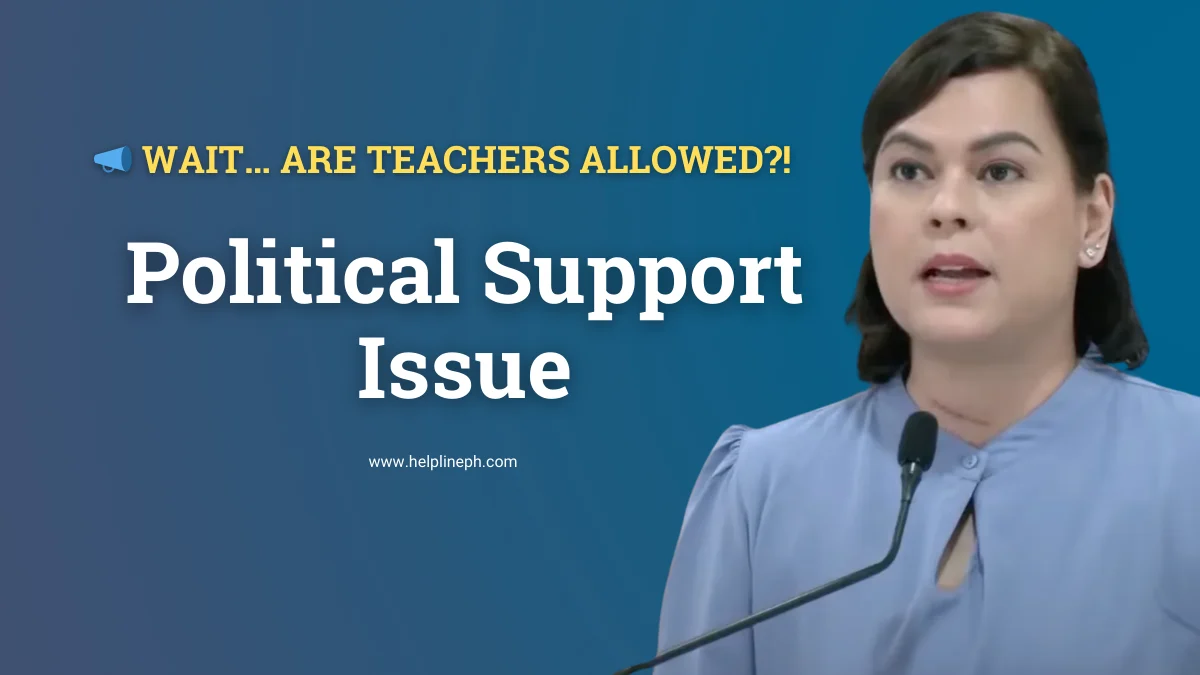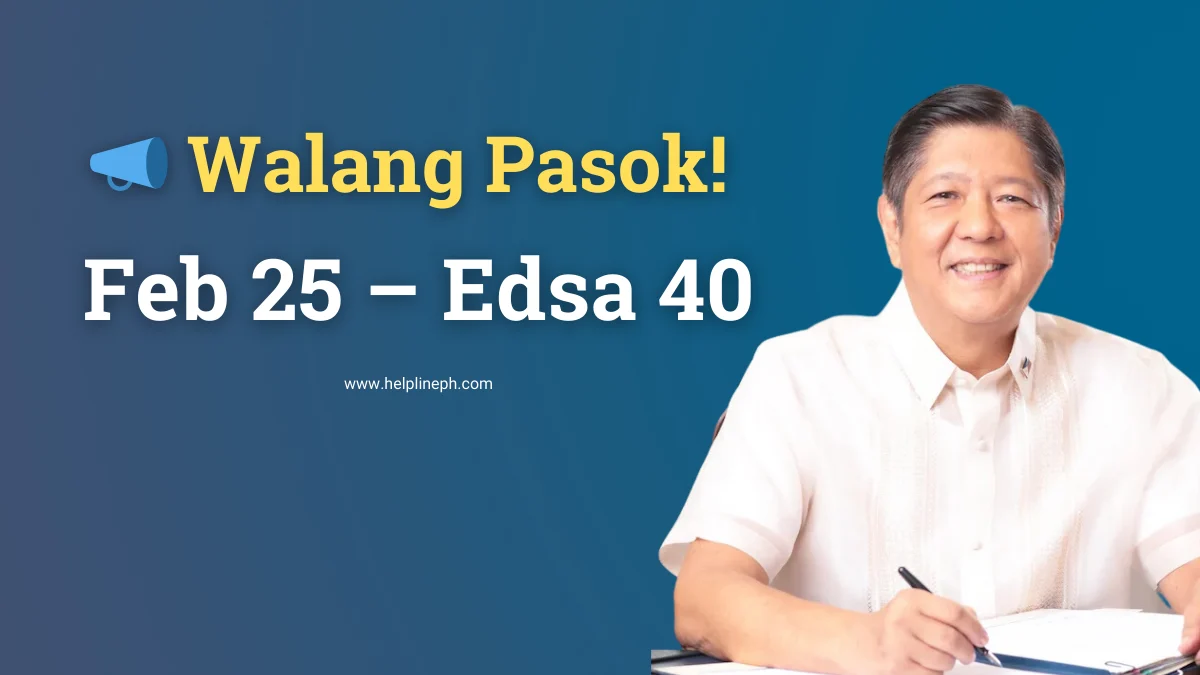Rehabilitation Leave Privilege: Understanding Our Rights
I. Introduction
Understanding one’s rights and privileges as a government employee is of utmost importance. Among these rights is the Rehabilitation Leave Privilege. This article aims to provide an in-depth explanation of this privilege, its benefits, and guidelines for availing it as per the Civil Service Commission and the Department of Budget and Management’s Joint Circular No.01, s. 2006.
II. Definition of Rehabilitation Privilege
Rehabilitation Privilege is a special right granted to government employees who sustain injuries or wounds in the line of duty. It provides a range of benefits, including full salary during the recovery period and a P 5,000.00 reimbursement for initial treatment expenses.
III. Recognized Government Employees
The Rehabilitation Privilege covers all personnel with permanent, temporary, casual, or contractual appointments, including those with fixed terms of office. However, consultants and those hired under contract of service or job order are exempted as they are not considered government employees.
IV. Benefits of Rehabilitation Privilege
The benefits of Rehabilitation Privilege are designed to assist the injured employee during their period of recovery. The employee continues to receive their full salary and regular benefits such as Personnel Economic Relief Allowance (PERA), Additional Compensation (AdCom), year-end bonus, and cash gift mandated by law. However, Representation and Transportation Allowances are not included as these are based on the actual performance of duties.
V. Duration of Rehabilitation Privilege
The Rehabilitation Privilege is granted for a maximum period of six months, based on the recommendation of a medical authority. The duration may be less than six months or on a half-time basis or an intermittent schedule, provided the total period does not exceed six months.
VI. Implications for Leave Credits
While the employee is on Rehabilitation Privilege, their absence from work is not deducted from their accumulated sick or vacation leave credits. However, they do not earn and accumulate vacation and sick leave credits during this period.
VII. Conditions for “Accident while in the performance of duty” Consideration
For an employee to avail of the Rehabilitation Privilege, they must have sustained the injury while performing official duties. This includes situations such as being on Official Business outside of their work station, Official Travel, authorized Overtime, Detail Order, and Special Assignment Orders. Injuries from accidents that occurred while the official or employee was going to work and going home from work are not considered sustained while in the performance of official duties.
VIII. Required Documents for Rehabilitation Leave Privilege
Application for Rehabilitation Privilege is made through a letter, supported by relevant reports such as the police report, if any, and a medical certificate detailing the nature of the injuries, the course of treatment involved, and the need to undergo rest, recuperation, and rehabilitation.
IX. Amendments to Rehabilitation Privilege Guidelines
The Civil Service Commission and Department of Budget and Management’s Joint Circular No. 01, s. 2015 amended Section 3.2 of the original Joint Circular No. 01, s. 2006. The amendment provides more clarity on situations where the official or employee can avail of the Rehabilitation Privilege.
Now, injuries from accidents that occurred while the official or employee is going to work and going home from work may be considered sustained while in the performance of official duties, subject to specific conditions. These conditions include established intent to go to work, usual route, reasonable proximity of the accident to the place of work or agency’s premises, and sustaining wounds or injuries within a reasonable time from leaving home or recorded departure from the place of work. This amendment further strengthens the employee-friendly government policy, showing more flexibility and consideration towards employees who sustain injuries while commuting to and from their workplace
X. Conclusion
The Rehabilitation Privilege is a significant benefit for government employees, providing financial stability during recovery from work-related injuries. Understanding and availing this privilege when necessary can greatly assist in an employee’s recuperation process. The most recent amendment to the guidelines further enhances this benefit, taking into account the risks associated with commuting to and from work.
XI. References
- Civil Service Commission and Department of Budget and Management. (2006). Joint Circular No.01, s. 2006. Guidelines for Availing of the Rehabilitation Privilege. Retrieved from [ https://www.dbm.gov.ph/wp-content/uploads/2012/03/JC-2006-1.pdf ]
- Civil Service Commission and Department of Budget and Management. (2015). Joint Circular No. 01, s. 2015. Amendment to Section 3.2 of CSC-DBM Joint Circular No. 1, s. 2006 (Guidelines for Availing of the Rehabilitation Leave Privilege). Retrieved from [ https://www.dbm.gov.ph/images/JC-no-1-s-2015-DBM-CSC-amendment.pdf ]
The incorporation of the amendments to the Rehabilitation Leave Privilege guidelines and accurate referencing ensures that this article on Rehabilitation Leave Privilege is both updated and well-cited. Comprehending these policies is essential for every government employee to fully utilize their rights and privileges, especially in the event of work-related injuries.






